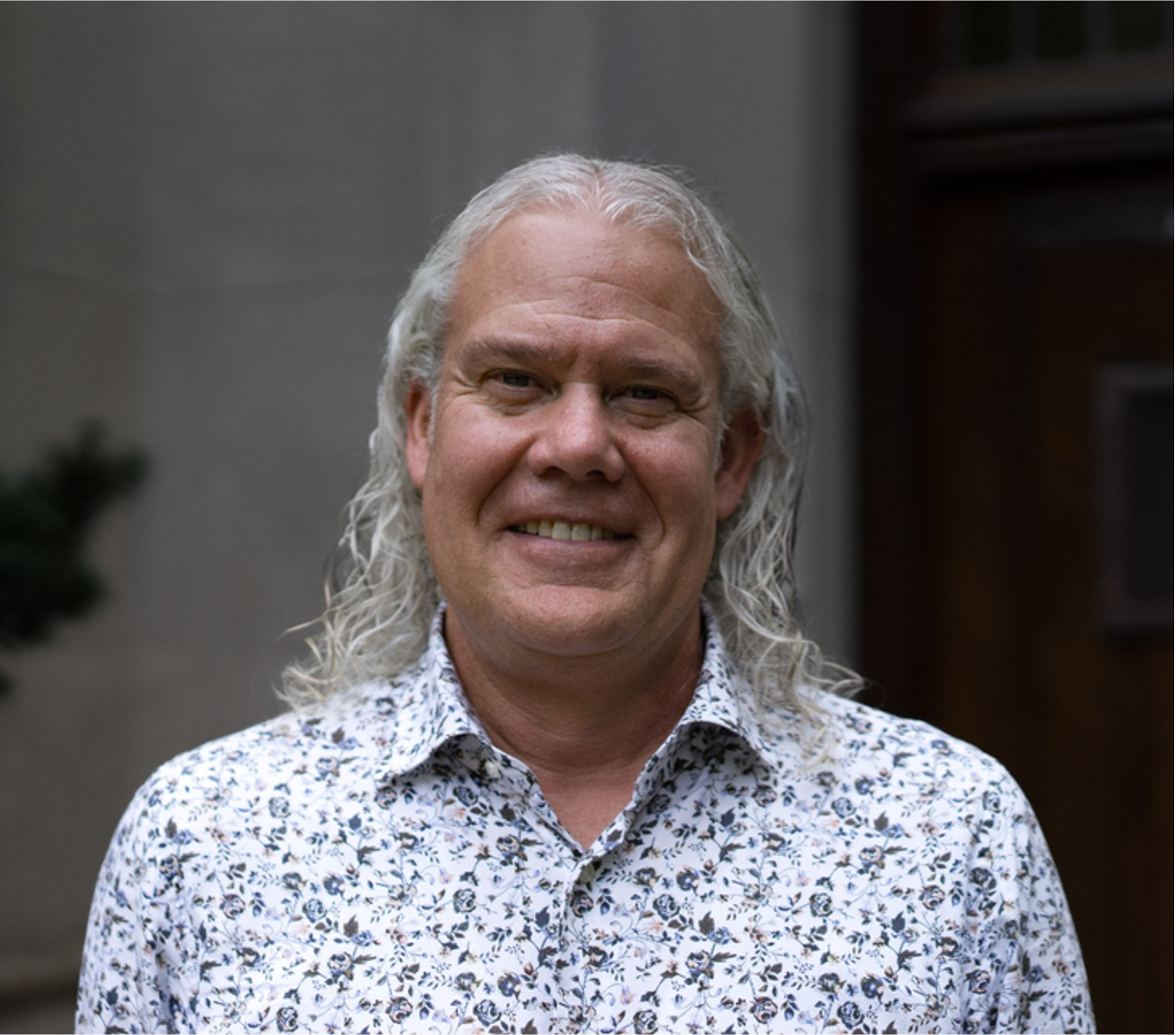2026 Virtual Plenary Speakers
Technology and Tasks in Instructed Second Language Acquisition

Technology and instructed second language acquisition (ISLA) are increasingly enmeshed, as second language (L2) educators attempt to optimize various technologies for L2 learning in the classroom and ISLA researchers investigate how the affordances of various technologies can best be leveraged for L2 learning. The development of communicative competence is often a primary goal in ISLA, and task-based language teaching (TBLT) can be an effective pedagogical approach to promote this goal. TBLT, supported by cognitive-interactionist approaches to ISLA, involves L2 learners completing tasks using the target language for real world, communicative purposes, rather than using decontextualized activities for practicing grammar and vocabulary. Such technology-mediated tasks can facilitate the negotiation for meaning and focus on form that is important for L2 acquisition. With its reliance on tasks, TBLT is well-suited to a synergistic relationship with technology.
TBLT can leverage the affordances of non-pedagogic technology with inherent tasks, such as digital games with quests and challenges, virtual reality with exploration opportunities, and written and video chat with humans and AI chatbots. Educational technology designed specifically for L2 learning is another arena for TLBT; however, the technology, such as online courses or language learning apps, might not always employ task-based approaches. For example, mobile language learning apps do not typically provide opportunities for meaningful interaction.
This talk explores the intersection of technology and tasks, examining the potential and pitfalls of both for the L2 classroom. In addition, we will explore technology’s potential to provide access to L2 learning opportunities in multiple contexts, including with under-represented L2 learners or in under-resourced contexts. Finally, given the rapid evolution of technology, we will consider ways of envisioning tasks and technology that can guide us into the future.
